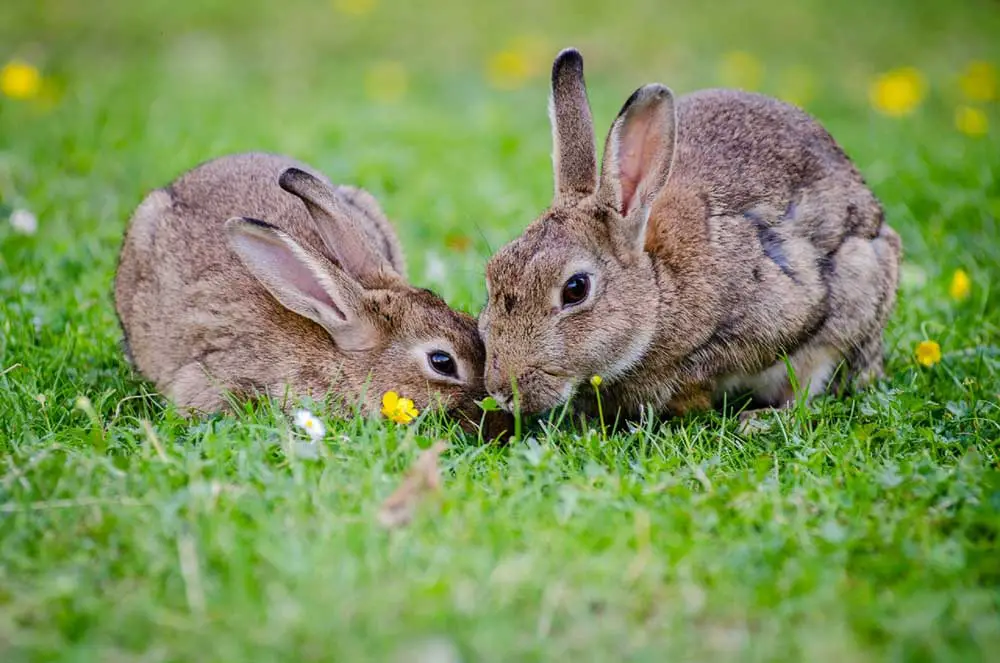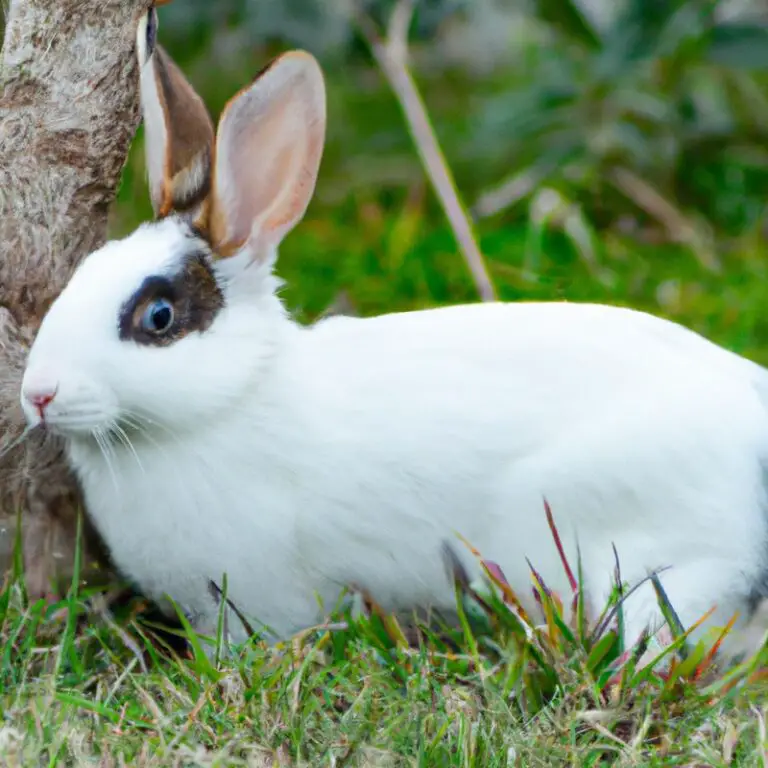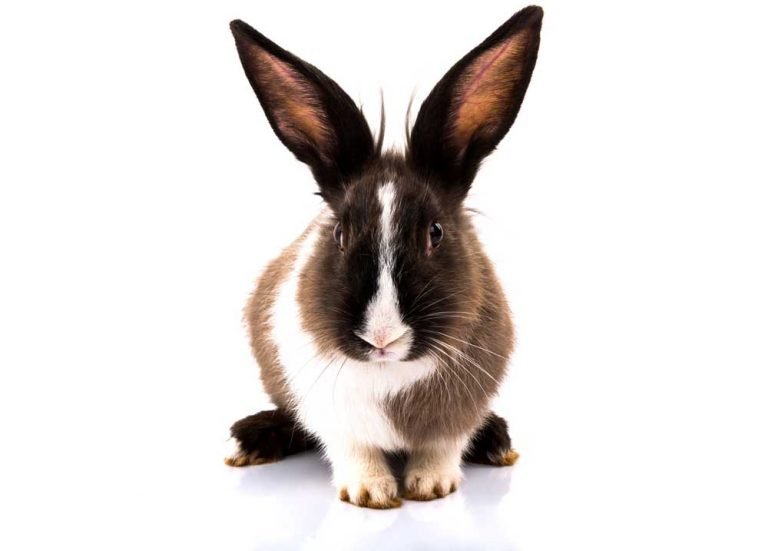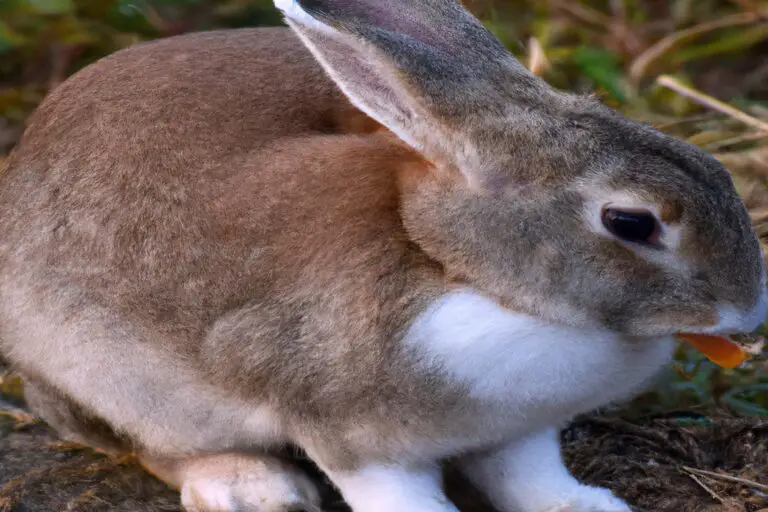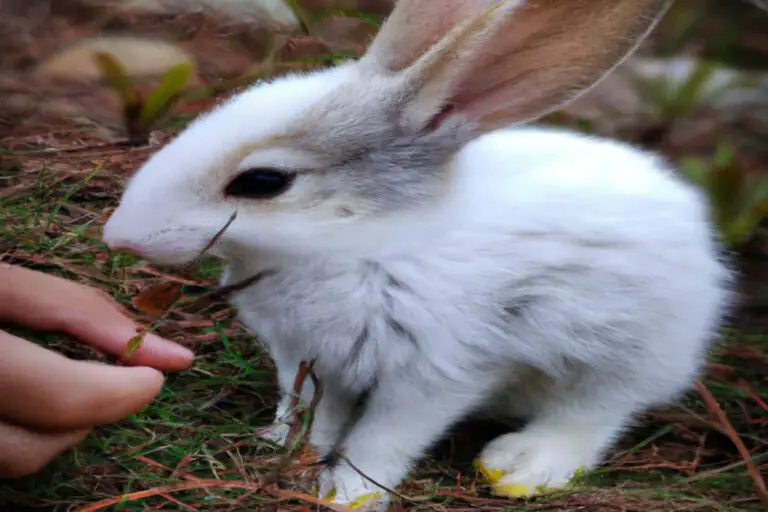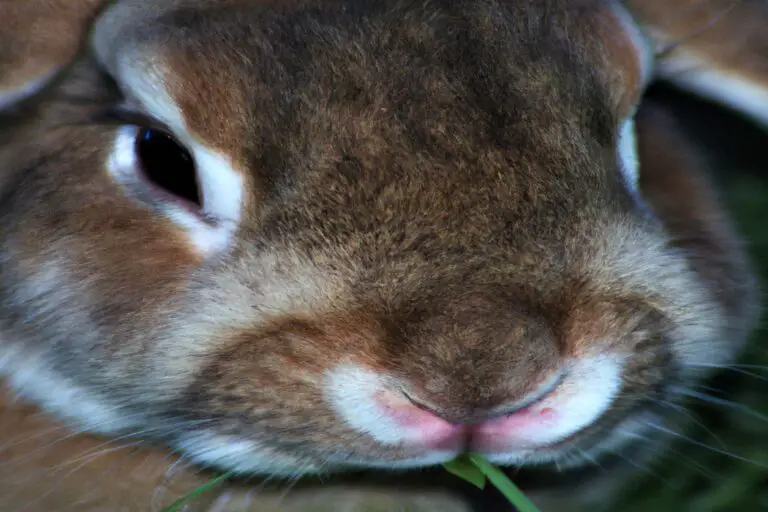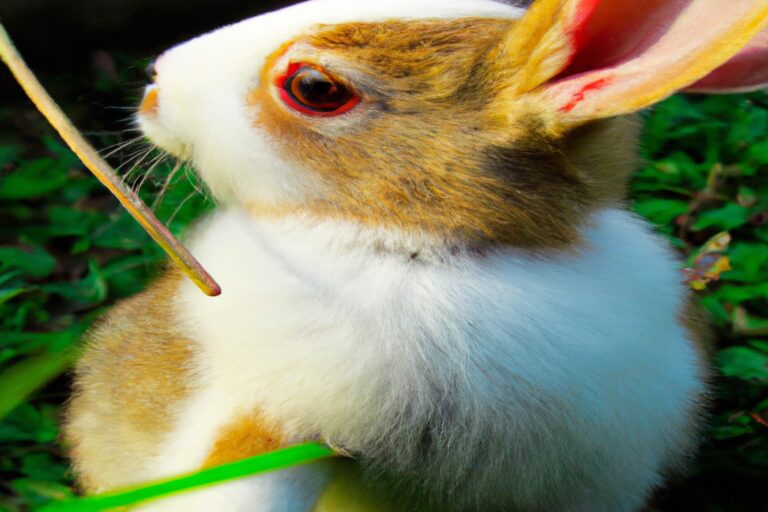Why Do Rabbits Attack Each Other?
Rabbits are generally peaceful and playful creatures who like hopping around. When kept in a captive environment, the loss of freedom can make them aggressive. This is the issue faced by most of the domesticated rabbits.
However, this does not mean that rabbits are aggressive in any way. This just means that they need bonding and a suitable environment to be their calm self.
Why Do Rabbits Attack Each Other?
Rabbits attack each other for various reasons. If one rabbit irritates the other one, it can break into a fight very quickly. Their survival instinct can make them fight over food, water, attention, and territory. Also, boredom and lack of physical activity can result in aggressive behavior.
Let us discuss in detail some of the reasons why rabbits attack each other.
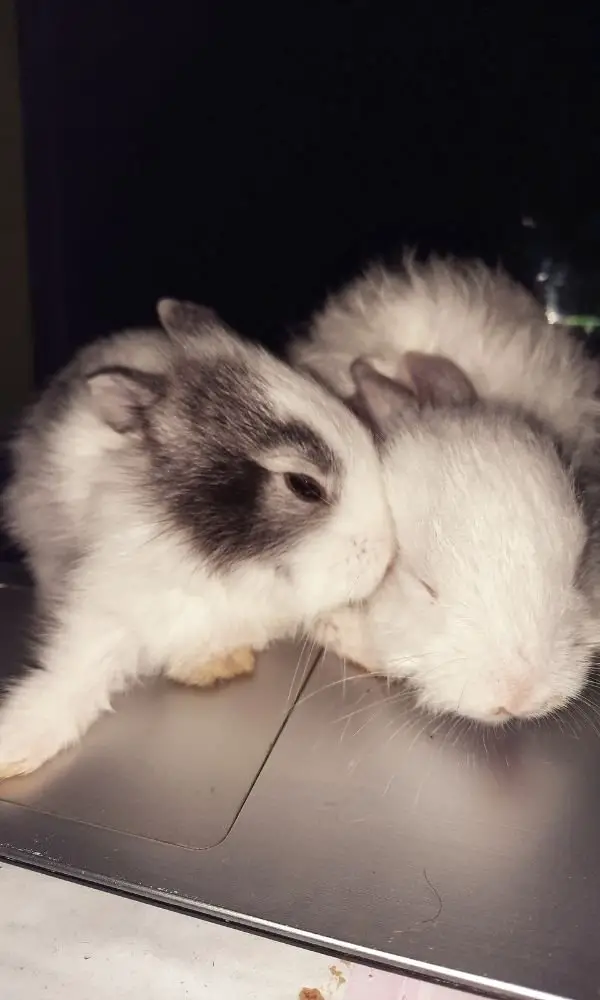
1. Territorial reasons
The first and crucial reason for rabbits to fight each other is the territorial reason. Rabbits are attached to their own space and react to something if they assume it as an invasion in their personal space, home, or territory.
They may defend themselves in attempts to avoid trespassing in their environment. This defense can be very aggressive, and they may end up pulling large chunks of fur off each other’s bodies.
If you plan to pet more than one rabbit, it is essential that the rabbits bond with each other. The best way to do so is to keep the rabbits in clearly bifurcated territories.
And to introduce them slowly in a neutral zone, allowing them to interact with each other. This can result in three circumstances.
The rabbits can totally ignore each other in the unclaimed territory, which is not a bad sign, but it means the rabbits are not bonding either.
Suppose they show signs of bonding, such as playing together or grooming each other. This means that they have been accepted by each other and have bonded well.
The third circumstance includes negative behavior towards each other such as growling, mounting, and chasing each other.
If the rabbits show positive behavior towards each other in this stage, the next step is to watch their action in their claimed territories. Keep the rabbits close but in divided territories.
If they still show positive behavior and interact with each other positively. This means that they have bonded well and do not look at another rabbit as a threat.
2. To establish leadership
Like all pack animals, rabbits follow strict hierarchical positions. In their natural habitat, the pack always has a leader who has established his position of dominance by defeating other rivals.
This is also true for a small group of domesticated rabbits. They would like to gain the social strata of a leader.
Being a leader has its benefits. You get to eat first, and the other rabbits in the group help their leader groom.
Naturally, all rabbits want to establish such dominance, which could be a significant cause of two rabbits fighting.
3. Hormonal surge
Hormones have a significant part to play in a rabbit’s aggression. We all know rabbits are hormonal creatures, especially female rabbits, which have a high surge of hormones.
This surge gives them an inclination to reproduce and raise the young rabbits.
Captive rabbits can become frustrated due to this hormonal surge and can become very aggressive. This is also evidently visible in unfixed male rabbits.
Hormones in most rabbits kick in when they are four to six months old, making them even more territorial and aggressive.
In such a case, having your rabbit spayed or neutered is an option you must consider as it will reduce the level of hormones in the rabbit.
The fights in unfixed male rabbits are more common than in female rabbits. However, female rabbits need their space to grow their young ones. Unspayed female rabbits can also get into a fight.
If you keep rabbits of the opposite sex together, it is vital to make sure they are spayed or neutered.
4. Lack of exercise
We all know how energetic and bouncy rabbits are. Rabbits in a limited space are already frustrated due to a lack of freedom. The energy which remains unutilized worsens the situation even more.
Frustration in domesticated rabbits is visible when they are not able to exercise properly. You have to provide them with ample time and space to exercise them regularly to take the edge off them.
A minimum area of 12 square feet is recommended to keep a rabbit so that they don’t feel cramped up. Also, it will need an additional area of around 30 square feet for physical exercises.
You need to give them four to five hours each day to exercise. However, they should not be left unattended. Rabbits are not the smartest species. They can chew on electric wires and water hose and can cause danger for themselves and for others as well.
5. Physical pain
Different animals have distinct ways of dealing with pain. Being prey animals, rabbits are very cautious of their weaknesses. When a rabbit is hurt or in pain, it may become aggressive as a defensive technique to hide their pain and weakness.
Seeing your vet at regular intervals is an excellent way to keep a check on your rabbit’s health. Regular checkups once or twice a year is advisable.
However, if you see strange or unusual behavior, you should visit a vet at the earliest as it could point towards an underlying issue.
6. Boredom and lack of freedom
Rabbits are animals that enjoy the freedom and love hopping around. They are very energetic, and when confined to a specific space, they may become bored and frustrated. This can make them aggressive.
Do not keep a rabbit in a very small area. Keep your rabbit active and excited with activities that stimulate their mind and brains.
Get lots of toys for your rabbit to keep him excited and interested. The toys sizes available for pet cats are suitable for rabbits as well.
Another way of stimulating their mind is by hiding their food around the area and let your pet hunt for its food. This will keep them excited for a long time.
These are some of the reasons why your rabbit can become aggressive and how you can tackle the situation tactfully as a responsible pet owner.

